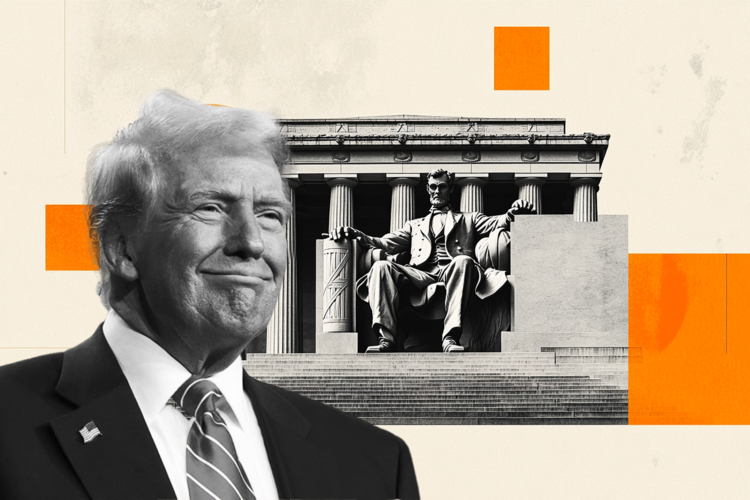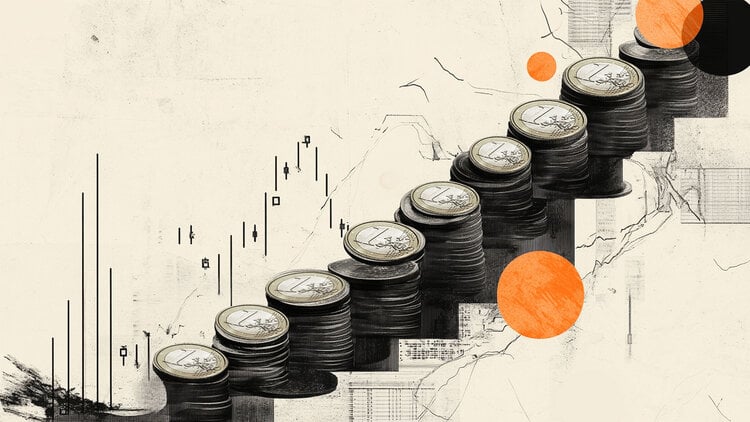We have all become “internectologists», As Francesco Gabbani stigmatized a few years ago in a famous song. We are all experts on something based on the trend topic of the moment. All in a hurry to say our smartphone, as if we had deepened that topic for years until that moment.
“The question has nothing to do with freedom of expression,” he explains Lorenzo Dornettigraduated in Neuroscience at the Vita Salute San Raffaele University in Milan and director of Neurovendita Lab, neuroscience laboratory – Nor do we want to delve into the recent controversies about experts, real or presumed, invited to the TV lounges. As a psychologist and neuroscientist I am more interested in understanding a widespread phenomenon for which, on social networks but not only, a large number of people actually feel competent in the most disparate topics, even if they are not. These people speak and write, having the inner perception that they understand and can express a well-founded judgment“.
In psychology this phenomenon is called Dunning-Kruger effect, in honor of the two psychologists who studied it. “Basically, this happens: individuals with little experience in a particular field overestimate their abilities e they end up holding themselves back competent and they are sincerely convinced that they know more than the average person. This irrational perception of self underlies the compulsive need to comment.
Thus a paradoxical effect: people with reduced experience in one area they feel they have understood and comment in tones and ways that reveal the belief that they are the custodians of knowledge. Very competent people, with a strong experience in that specific sector, they embrace its complexity and understand that every judgment deserves in-depth analysis and is probabilistic ».
This approach does not fit the synthesis required by tweets or stories and therefore, the most competent people use social media to a lesser extent to comment, while those with a superficial knowledge find the perfect space to express themselves in social media. This determines one imbalance and an impoverishment of correct information in the space where, data in hand, the majority of adult Italians are informed.
“The reasons for this distortion of perceptionaccording to psychology, there are essentially two – continues Dornetti – On the one hand increases self-esteem because you like to feel competent, even when you really are not. On the other hand it depends onabsence of feedback. Experts on a topic have taken contradictions and exams and this has meant receiving feedback that has induced them to improve, thus developing greater self-awareness. Those who do not study (in the broad sense of the term) have no way of confronting themselves and trust their own intuitive knowledge, with the result that the first few lines of Wikipedia are enough to get the feeling that they have understood even complex topics “.
The Dunning-Kruger effect is certainly not a novelty of our days, but it is certainly enhanced in our hyper-technological age that offers a wide ease of access to information. «We only think of the opportunities that one offers to anyone Google search. This opportunity is extraordinary, but we forget that we are dealing with summaries, often simplified and written in popular form. The availability of information enhances the Dunning-Kruger effect, accelerating the sensation of feeling expert in an instant. Commenting on social media is the immediate consequence of this automatic mental process “.
«In our experiments in the laboratory, we have had demonstration of what has been published by Muller in 2021 in the Journal of Neuroscience: when faced with a product, people are divided into two categories, i over-estimators (who knows little, but is under the effect of Dunning-Kruger) ei sub-estimators (the truly competent). The 2 groups show a different brain wave pattern. Those who overestimate themselves show early brain activation (FN400), while those who underestimate themselves, who really know, activate a later wave (PLC). The experienced brain needs more time to retrieve memories and information. By direct question only 30% of under-admirers, or those people who activated the brain slowly and who knew the product in question in depth, made themselves available to publicly write their opinion on social media. Among the over-estimators, not very competent, with immediate brain activation, over 80% were open to communicating their point of view“.
Other Vanity Fair stories that may interest you are:
Why do we do favors to those we don’t like? Blame the Benjamin Franklin effect
Cognitive-behavioral psychology: how is the therapy that combines emotions and behaviors
Source: Vanity Fair







